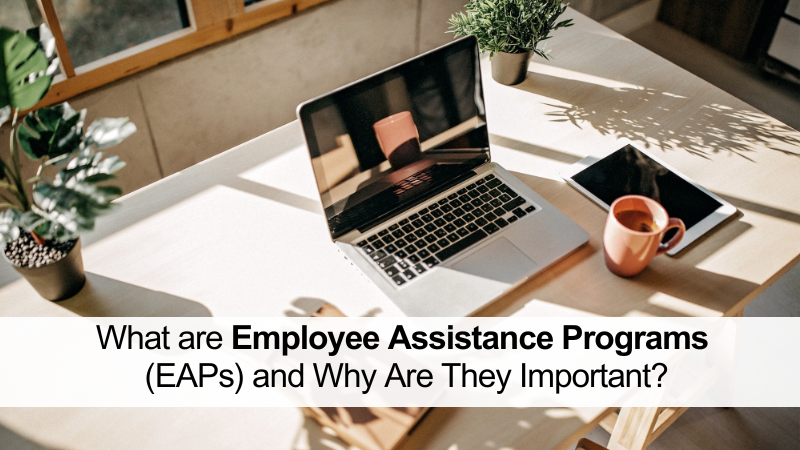I am concerned about the mental health of our community members that increase the level or Depression. This includes workers who have lost their jobs; people who have lost access to relationships and the other supports that keep their personal energy in a positive space; people who are not properly taking care of themselves; or, who are overwhelmed by the amount of sad news worldwide.
What I am less worried about is:
- Business recovery – that will happen, and I think maybe a bit more reliance on local products, which has to be a good thing
- School results for our kids who have had a lot of time away from the classroom – their achievement will be moderated by the clever people who manage national curriculum and measuring school students’ achievement.
- National debt – a big one, and we will pay for it over many years – the experience of the past is that we can all spend a bit less and live a little simpler, I think that will become a national economic strategy, again not a bad thing. Think of how much less our parents and grandparents lived with.
What worries me is unrecognised and growing depression. It can be insidious and as a result it can be left untreated. Rather like a car that’s going a little slower each day. We might not see the difference daily but over a couple of weeks of social isolation, people who are prone to depression can retreat into themselves and lose contact with many important relationships. On the other side of the coin, people living in conflicted relationships can be forced into too much contact, resulting in higher levels of stress.
In the current circumstances, with loss of income, loss of meaningful work and loss of social connections becoming normal, mild depression can seem like a normal reaction. Whether depression is reactive or something that you live with, managing depression is helped by recognising how you are feeling, by taking care of yourself and by using the coping strategies you might already have worked out.
My 10 step ‘tune up’ is a simple taking care of yourself approach. Try this for 3-4 days and then recheck in with yourself.
Step 1 On rising make a decision about how you want to feel – this should be a statement as simple as ‘I am ready for a happy day’ or, ‘ I am grateful for my life and I can cope with today’. Say it out loud and repeat it mentally. It is like your morning coffee – a starter for the day. Unlike coffee you can’t have too much.
Step 2 Breathe deeply before you do anything at least 10 deep breaths.
Step 3 Drink at least 2 glasses of water to wake up your brain.
Step 4 Eat a healthy breakfast – lowest possible sugar, include protein, fibre, vitamins … think porridge, eggs on whole wheat or with vegetables, your own invention!
Step 5 Review steps 1-4 and fix any skipped steps.
Step 6 Decide who you will contact for a chat – find out how they are going. It doesn’t need to be a long chat but smile when you speak, they will hear the smile and feel happier too.
Step 7 Plan and carry out an exercise – do it till it makes some muscles tire. Don’t exercise? Then go outside and go for a walk and say hello to the people you pass by.
Step 8 Do something that makes you be mindful and present in the here and now, crafts, art, repairing a motorbike, reading a book, playing music, whatever you find totally absorbing.
Step 9 Be kind, caring and self compassionate, remember 70% of mental chatter is negative self-criticism, give yourself praise for what you’ve achieved, forgive yourself for mistakes as a normal imperfect human being.
Step 10 Before sleeping – review your water consumption and remedy any gaps. Focus on what you are grateful for, visualise and feel gratitude. It is the feeling of gratitude that matters, not the object. Something as small as cosy warm pyjamas or, as big as your love for your family, works equally.
If after a few days, when you check in with yourself, you can’t get motivated, you feel stressed or that you are not coping, contact ACT Curious EAP for a confidential chat about other strategies.
CONTACT US
If you want additional support, ACT Curious can connect you to a behavioral therapist that meets your needs. You can get started today if ACT Curious EAP is offered by your employer.
DISCLAIMER: The content of this blog is not intended to be a substitute for professional medical advice, diagnosis, or treatment.
ABOUT THE AUTHOR
Michelle Trudgen Clincial Director, ACT Curious.
copyright: 16 June 2020






